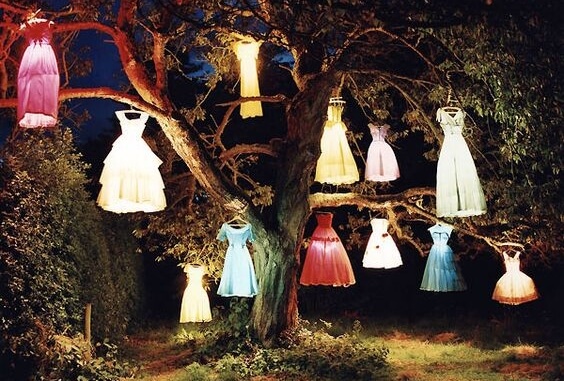3 Types of Psychological Poison in the Home

A healthy home is maybe one of the most important factors towards making us psychologically strong. The opposite happens too: a sick home makes us much more vulnerable and prone to sickness, of mind and body. But there are also types of psychological poison in the home.
The word home isn’t just referring to the typical family, with a father mother, couple of children, and a dog. The home is the place we inhabit and we can share it with siblings, friends, parents, or even a pet and occasional guests.
“There’s loneliness in a home without commotion, without news, without greenery, without infancy.”
The quality of the bonds constructed in that home are key to our emotional health. Wherever there’s cohabitation, there’s also conflict. But at home, especially, we shouldn’t open the door for any behaviors that could turn into true psychological poisons. We’ll highlight three of these toxic behaviors that should never step through the door to our house, and definitely not make a home inside it.
Psychological poison #1: Shouting turns the home into a hell
The bad thing about shouting is that it starts out as uncommon, but tolerance for it becomes more flexible and it ends up becoming a habit. Even more so if someone reinforces it. It happens without you even noticing. Today you shout because it frustrates you that they don’t understand what you’re saying and tomorrow you shout because they understood you too well, or because if you don’t shout no one will listen (or so you think).
In the act of shouting, which looks more annoying than offensive, a poisonous seed starts to grow: the seed of violence. Shouting turns into a normal conflict in a psychologically damaging situation. It’s an act that tries to show off power. A way of corrupting the true purpose of words.
Talking softly can also turn into an amazing habit. Not shouting and not letting them shout at you gives strength to your cohabitation and helps you increase your esteem, respect, and self-control. “We don’t shout here,” should be a basic rule in every home.
Psychological poison #2: Lack of boundaries
A large part of healthy cohabitation consists in knowing how to respect other people’s space. When we say “space” we aren’t just talking about physical places that belong to someone, but it does start with that.

There has to be a complete respect for other people’s belongings and for the places that are part of their personal environment. Likewise, it’s very important for each and every person to clearly mark these boundaries and make sure everyone else knows them. There might even be some that can and should be negotiated: it’s the right moment to do it. Everyone should have a personal space and be independent within it, trusting that everyone else won’t overstep this boundary.
In respecting physical spaces we also learn how to respect other people’s privacy. No matter how much you coexist with others, everyone has their own life. And we should only enter other people’s psychological space if they invite us or give us permission to do so. Or, objectively speaking, if that privacy involves someone else in one way or another. We all have a right to our silences, our secrets, and our convictions.
Psychological Poison #3: Lack of balance in responsibilities
Every home requires a series of chores that aren’t very satisfying, but necessary to complete, and what these are are domestic activities. The home makes use of various mechanisms for functionality and maintenance. The electricity, the water supply, the home appliances, etc, should all work. We have to clean and maintain our physical space and all its parts.

Cohabitation is much healthier when we agree about how we’re going to hand out the chores. Sometimes it’s impossible to put in place an equitable organization of these activities, but it’s a task that has to be done. And that’s exactly what consensuses are for, to fairly hand out the chores that need an owner. What’s much more important, though, is to do them.
It’s essential that every member of the home has a responsibility when it comes to that. It’s a condition that promotes solidarity, cooperation, and respect. It makes everyone’s life easier and gives everyone a sense of worth. Also, it reinforces the idea that within any collective there are tasks that have to be done, for our own sake and everyone else’s.
People sometimes compare the home to a temple, and that’s not for no reason. If we honor it, it will definitely become a force of inspiration that projects onto all the other social spaces we take part in. If we neglect or harm it, it might become just the first link in a long chain of personal disasters.
This text is provided for informational purposes only and does not replace consultation with a professional. If in doubt, consult your specialist.








